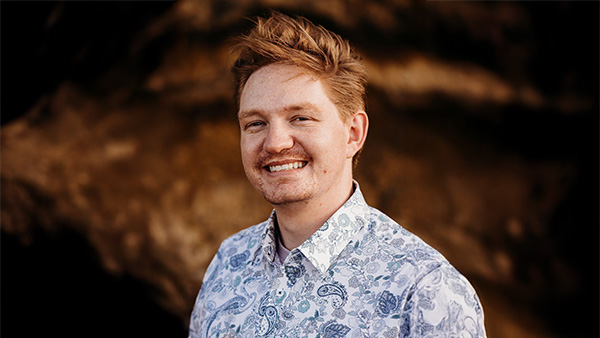|
The campus community is invited to a free presentation by Department of Criminology faculty Dr. Ryan Ditchfield.
The U.S. criminal justice system relies on the cooperation of eyewitnesses in criminal investigations, and a witness’s willingness to trust and cooperate with law enforcement officials can carry unique risks.
His discussion will examine the psychological and procedural issues that lead to eyewitness misidentifications, which are the leading cause of wrongful convictions. He will also examine potential bias or unintentional influence by police staff and administrators that contribute to false memories or mistaken eyewitness testimony.
Dr. Ditchfield’s talk will emphasize that eyewitness errors never occur in a vacuum. From the moment a crime occurs to the day a witness takes the stand, witnesses’ memories can be contaminated via interactions with co-witnesses, police, attorneys, friends, family and media.
He will also address how scientific research has been used to develop reforms that can minimize social influence and modern best practices to reduce wrongful convictions.
Ditchfield is a legal psychologist and assistant professor who investigates how individuals in the criminal justice system, which includes risk assessors, eyewitnesses, criminal suspects, and police officers, make hard choices in high-stakes situations that have real consequences.
By investigating decision-making behavior via experimental and modern statistical techniques, his work provides insight into the psychological mechanisms that cause legal decision-making errors.
He has contributed a chapter in an upcoming book entitled, “Misidentifications harm eyewitnesses too: Theoretical and policy considerations for improving distributive and procedural justice in police-eyewitness interactions,” and related articles in the Journal of Behavioral and Social Sciences and Psychology, Public Policy and Law journal.
He has also written about false confessions and interrogation reform for the Research Handbook in Law and Psychology and Psychology, Public Policy and Law journal, and also about data science and statistics education reform tied to student anxiety in the journal of AppliedMath.
Dr. Ditchfield graduated from Fresno State with degrees in criminology and political science and earned his master’s and doctoral degrees at Iowa State University in social psychology. He is also a member of the American Society of Criminology, the American Psychology-Law Society and the Western Psychology Association.
Date: Friday, Nov. 14
Time: 1 to 2:30 p.m.
Location: Library, room 2108
For more information, contact ditchfield@mail.fresnostate.edu.
|


